#exploring Christianity
Explore tagged Tumblr posts
Text
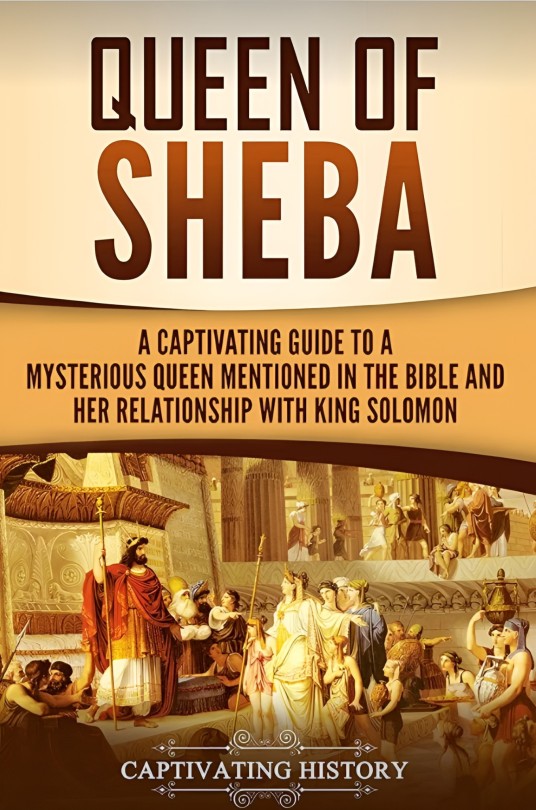

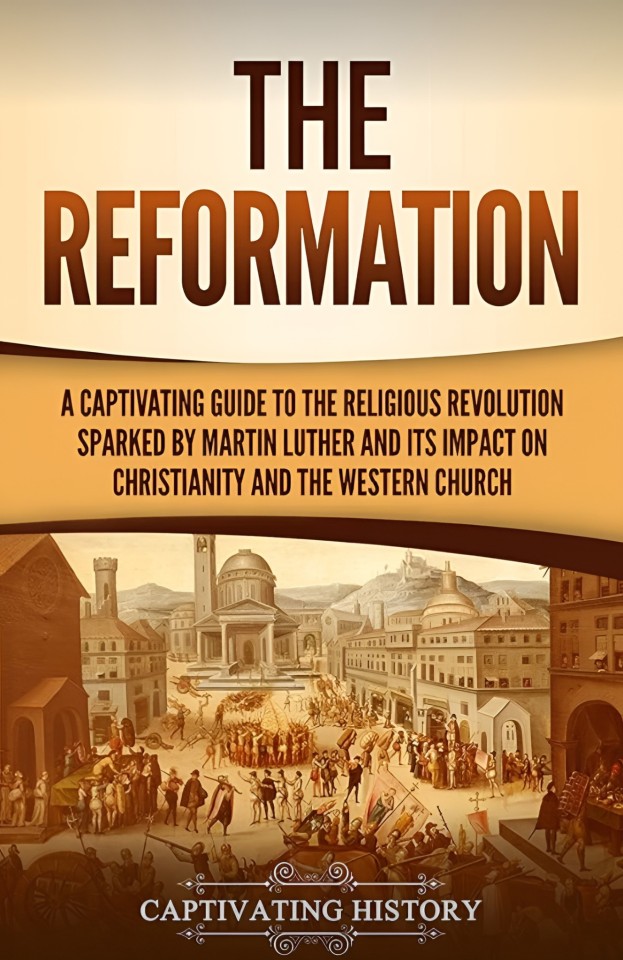
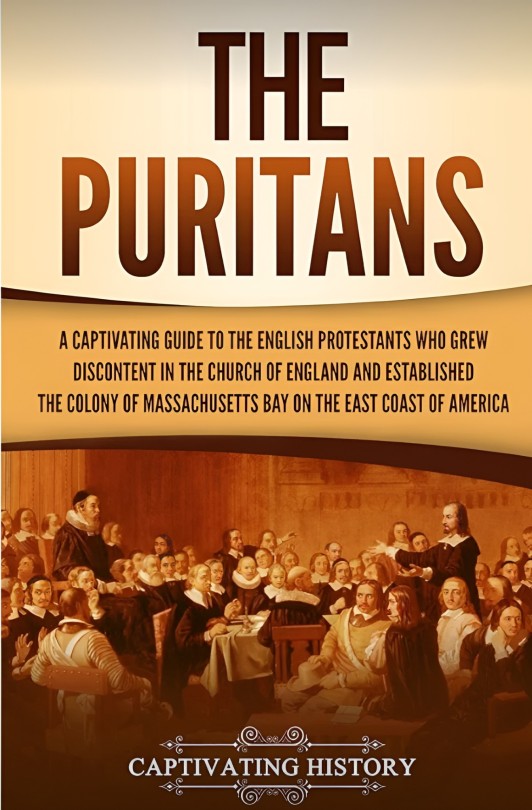
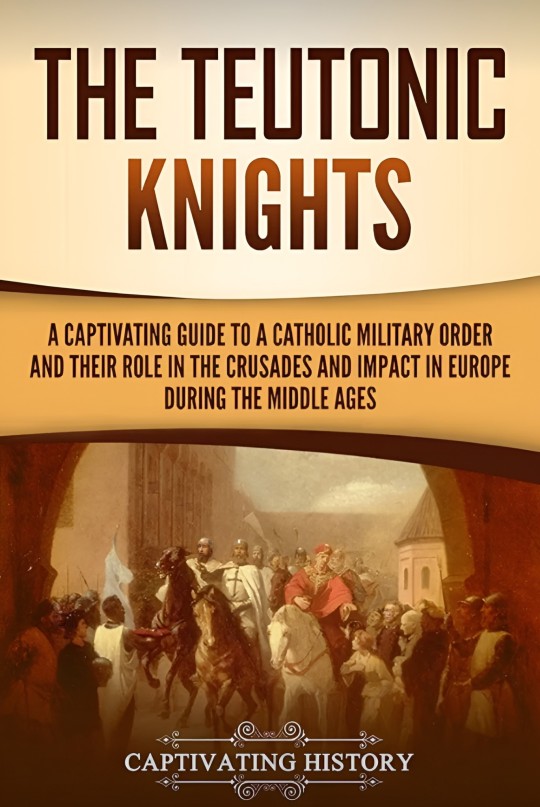
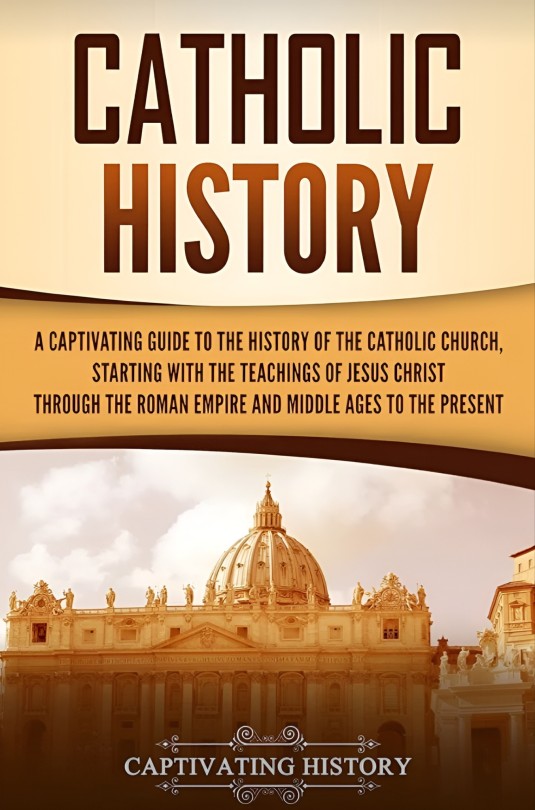
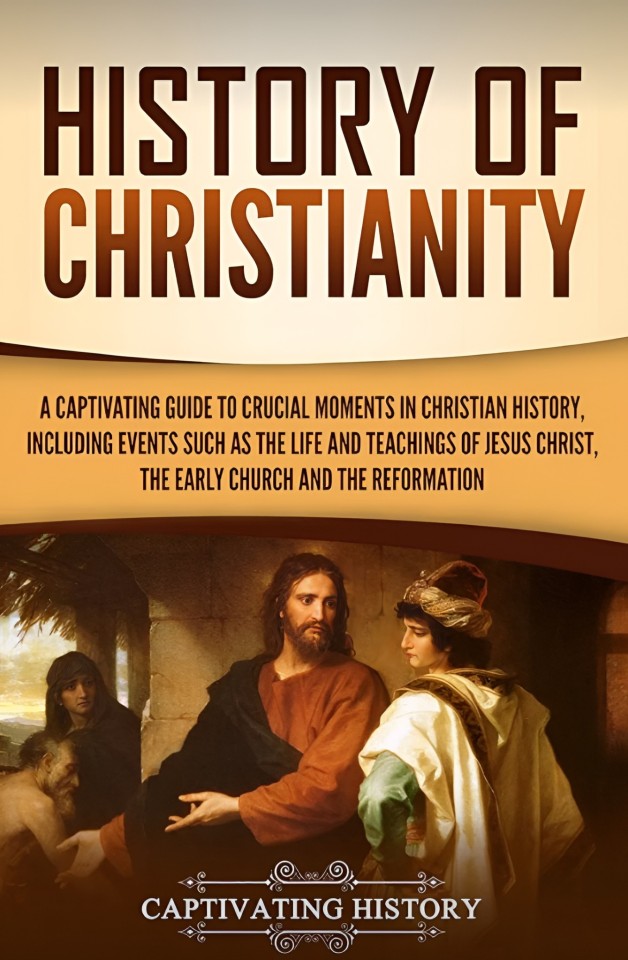
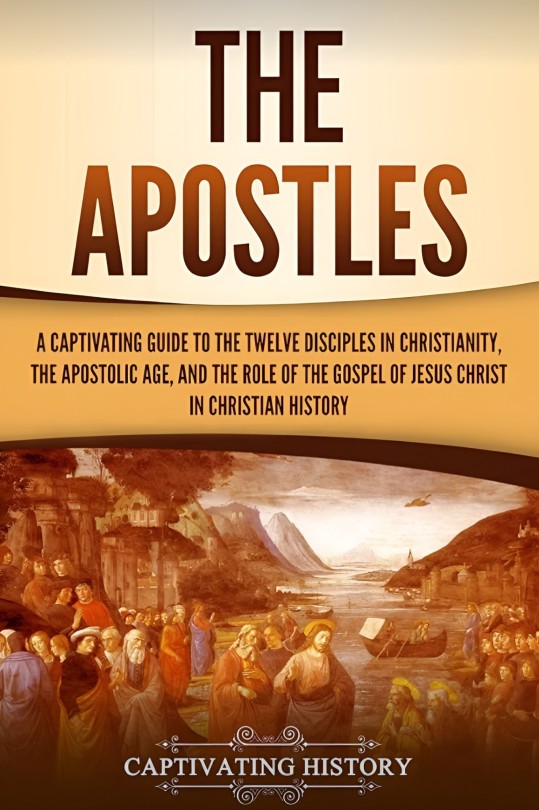
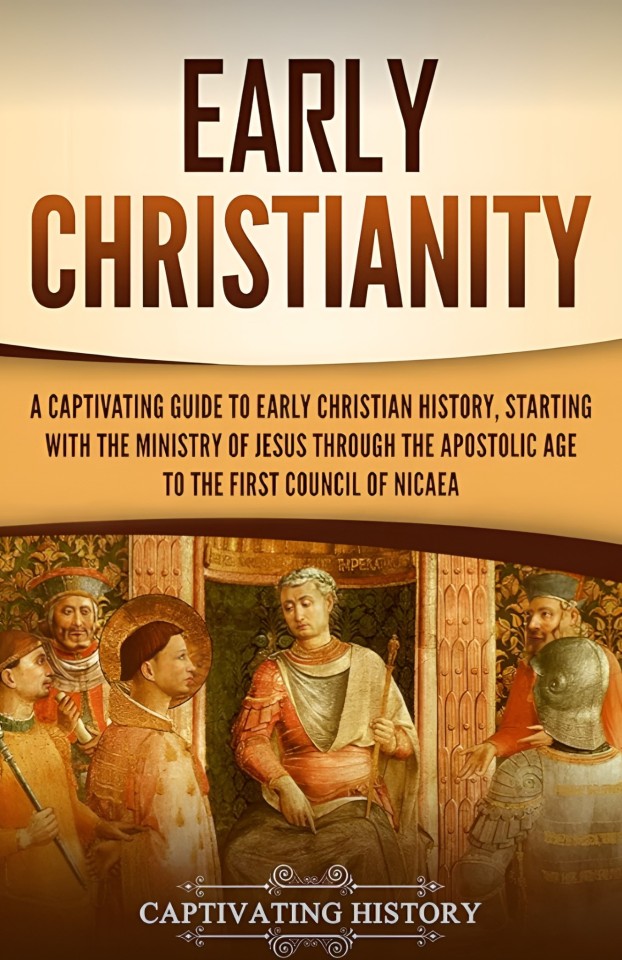
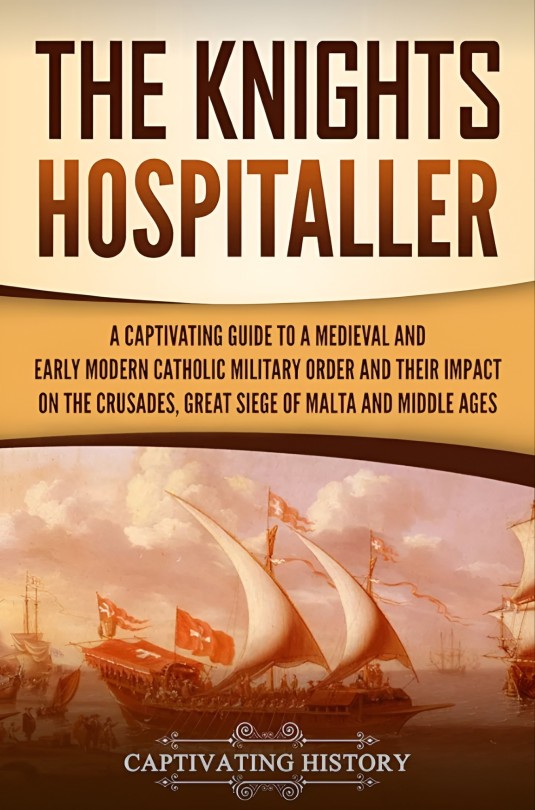
QUEEN OF SHEBA
THE CRUSADES
THE REFORMATION
THE PURITANS
THE TEUTONIC KNIGHTS
CATHOLIC HISTORY
HISTORY OF CHRISTIANITY
THE APOSTLES
EARLY CHRISTIANITY
THE KNIGHTS HOSPITALLER
Captivating History
23 notes
·
View notes
Text
Understanding Paul’s Message in 1 Corinthians
by Ariel Hey there, awesome friends! It’s Ariel, and I can’t wait to tell you about something super cool that our family has been discovering together! Have you ever thought about what it means to be part of something really big, like a superhero team? Well, that’s what Paul talks about in 1 Corinthians 1:1-9, and trust me, it’s like getting a giant, cozy hug that makes you feel amazing! In…
#Bible inspiration#biblical truth#Christian encouragement#Christian identity#Christian living#Christian reflection#Christian spirituality#discovering grace#exploring Christianity#faith and grace#faith blog#faith inspiration#faith journey#faith-based living#finding purpose#God’s purpose#grace of God#grace-filled life#identity in Christ#journey in faith#living in Christ#spiritual discovery#spiritual growth#spiritual identity#understanding salvation
0 notes
Text

ronan lunches pen has exploded for the trillionth time that week 🚬🚬😬
#ronan penexploder lynch is his christian name#one cigarette in each hand for this one lads#if anyone wants to explore around wales this summer lmk#digital art#the raven cycle fanart#the raven cycle#ronan lynch fanart#ronan lynch#bedtime sketch
897 notes
·
View notes
Text



All Saints' Day, Pilzno Cemetery, Subcarpathia, Poland by Krzysztof Kosowski
#pilzno#all saints day#catholic#poland#travel#beautiful places#places to visit#wanderlust#europe#slavic#wszystkich świętych#cemetery#christianity#christian#roman catholic#catholicism#explore#graves#flowers#memento mori#podkarpackie
2K notes
·
View notes
Text
"He's a soulless vampire! How can you ship him with Buffy when he's hurt her?!"
I could not give less of a fuck that he is soulless when it comes to a discussion with you about this. Because you don't want a discussion. Every time I try, you bring up "Seeing Red" as some kind of gotcha.
Characters with souls have done some pretty horrible shit to Buffy. The Buffyverse is full of characters who do evil things all the time, despite their souls, so sometimes I'm not sure it's a good litmus test...especially when you don't hold other characters to the same standard whether souled or not.
#buffy#btvs#spuffy#spike btvs#25+ years and still being screamed at about spike#you're christian nonsense morals are not going to make me stop loving interesting characters#fiction is the place to explore fucked up shit and I don't need permission to like a character that doesn't pass your purity standard
266 notes
·
View notes
Note
Do you ever get attacked by homophobes about your art?
A lot less than I had initially feared. I think the only times when I've gotten some purposefully homophobic comments on twitter is when I've drawn my dogs looking very clearly in love while mixing in religious elements in some particularly transparent way. But even then it's been more like displeased grumbling than a direct attack. For the most part people have been remarkably chill, I hope it stays that way.
#I don't know if I've ever mentioned this but I think I have a decent amount of followers who are practicing christians#and they're fans of the dogs#knowing well that they're a gay couple#and that one of them is a priest with religious trauma#I dunno I guess it feels nice knowing they're there#and support the exploration of this specific set of themes?#answered#anonymous
406 notes
·
View notes
Text
For all the talk about bad Christian fiction, I've seen several different ways that Christianity can be well-integrated into the story.
The story is about something unrelated to Christianity, but the characters are Christian and their faith affects their outlook and daily life. I recently stumbled across Wormwood Abbey by Christina Baehr, which is a light, fairly forgettable cozy fantasy that happens to do this really well. The story is about a woman who learns that dragons exist around her family's estate, but as the daughter of a rector, she often mentions prayer, sings religious songs, or thinks of Bible verses that relate to things she experiences. The Christianity feels organic to the character, and thus enhances the story rather than distracting from it.
The world is a Christian world where Christian beliefs are shown to be the correct framework through which to view the world. This happens in good Christian fantasy, like Lewis and Tolkien, but there are plenty of real-world stories where the themes line up with Christian truths, and this can make a story Christian whether or not religion is explicitly practiced by characters within the story.
The characters wrestle with how to apply their faith in their daily lives. Regina Doman's Fairy Tale Novels often feature this, as the characters struggle to deal with plot problems while living out their faith. Amy Lynn Green's work often features this as well--characters hold certain values (like, for instance, a Quaker pacifist) and have to figure out how they apply or don't apply to specific situations, especially when they conflict with other values, or they have to figure out how to live out their values (such as forgiveness) in moments where it seems impossible or even ill-advised. Charlotte Yonge's best works (specifically, what I've read of The Three Brides) do this as well--instead of preaching the one right answer, you have characters trying to figure out what the best answer is as they figure out what's right or wrong in this specific situation.
Characters face the revelation that there's a spiritual world that exists beyond our ordinary world, which can cause terror, but also provide comfort and hope. Elizabeth Goudge's novels often exist in this space, with very internal stories of characters coming to embrace the truths that come with living in a spiritual world. To a lesser extent, I'd say Amanda Dykes' work often fits here, with characters ultimately find comfort and hope from philosophies that line up with Christian truth. In less-cozy works, there's also the possibility of stories where an entirely secular person encounters God and has to figure out what that means for their life.
So our options are Christianity as character, Christianity as setting, Christianity as theme, or Christianity as plot. The ways this is integrated most seamlessly is when Christianity (or the ways they struggle with it) is a vital part of the character, so the plot that arises from it lines up with a Christian worldview. It also works well for the characters to just exist within a world where Christian truths are the way the world works. It doesn't even necessarily require the characters to be explicitly religious. Truth is something that everyone is searching for, and stories that honestly showcase truth or the search for it are going to resonate with a wide audience, even if they aren't Christian themselves.
#adventures in writing#catholic things#yes i harp on the same like five authors but they're the ones that happen to work for me#mileage may vary on how christian these authors are or how well they integrate faith#but for now they work as examples to explore the issue
415 notes
·
View notes
Text
Finally watched EXU Divergence and mannnn what a great story and a great love letter to Matt's creations and also I want to write an entire essay on the parallels between the emergent faith of the Divergence era and the development of early Christian theology (especially faith-centred Pauline theology) and theologies of divine kenosis (ie. self-emptying) and relational theology that emphasizes god-human partnership (which is incidentally represented so well in TTRPGs...)
#but I probably won't because I have essays to write for my actual theology degree lmfaoooo#although considering that I'm potentially doing a capstone project#on the intersection of TTRPGs & faith exploration.............#anyways I fucking loved it#what a good story#critical role#christianity
95 notes
·
View notes
Text
soooo fucked up of mdzs to have a character called the lightbringer be among the most unimpeachable untouchable good and rule abiding place (with a reputation for repetition of principles and prayers even, with famous commandments written in stone even), and he’s the Most beautiful and the Most beloved and Most perfect disciple until you put One man in front of him and suddenly he refuses to do ANYTHING his leaders demand of him! he will not! he is unrepenting! and he is punished to the point of disfigurement and he still will not bend! and he says if you will not see the truth i will make everyone else understand that i am right!!! i will move across the world in subtle ways and after i speak to your children they will side with me!!! fuck!!! maybe lan wangji and lucifer have some shit in common. perhaps. lightbearer save me.
#like the IMPLICATIONS#listen i’m wary of pulling christianity into this because colonialism but the narratives are so COMPELLING#but fuck it it’s islam too#perhaps they are dissimilar in that lucifer wishes most of all to corrupt and lan wangji desires the love of his zhiji#but also. perhaps they are not#perhaps lucifer does desire the love of his god most#perhaps lan wangji wishes to corrupt the sects that took his love from him#idk idk#i love exploring and comparing narratives across time and culture it’s delicious#hanguang jun#lan wangji#chen qing ling#the untamed#mdzs#mo dao zu shi
75 notes
·
View notes
Text

Prince Henry the Navigator during the Conquest of Ceuta by Jorge Colaço
#jorge colaço#art#prince henry the navigator#house of avis#portugal#portuguese#history#europe#european#morocco#ceuta#north africa#conquest#crusade#medieval#middle ages#crusades#knight#knights#crusader#crusaders#explorer#portuguese empire#azulejos#azulejo#christianity#christian#royalty
54 notes
·
View notes
Text
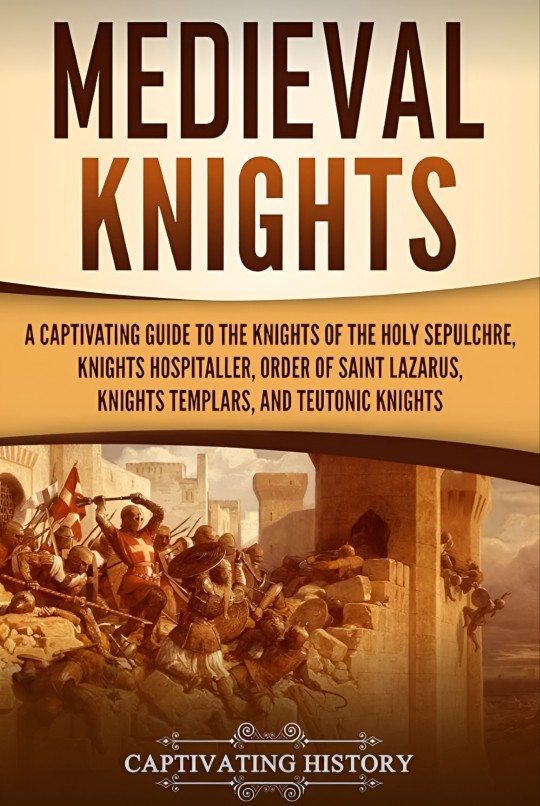
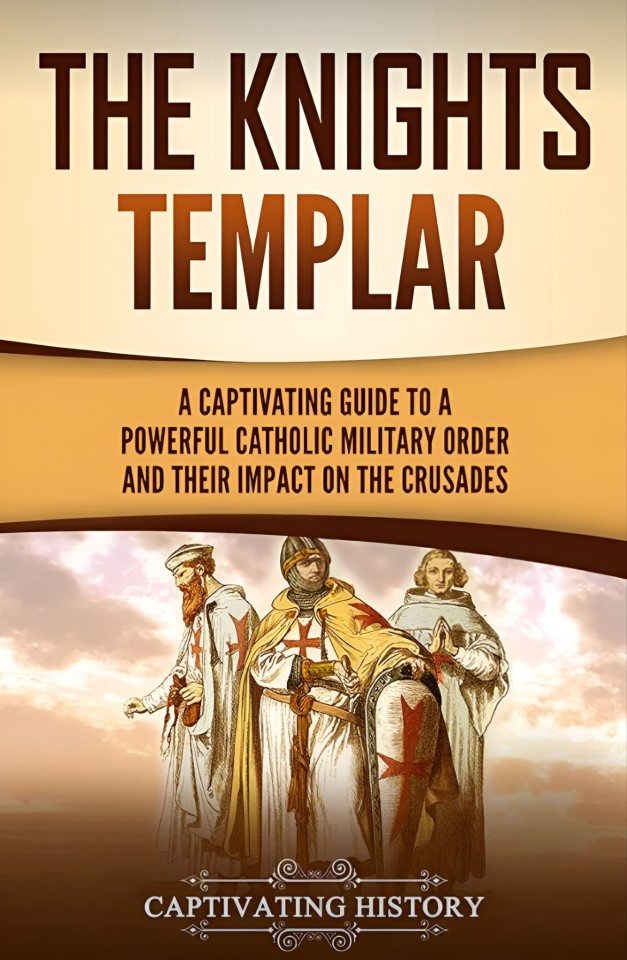
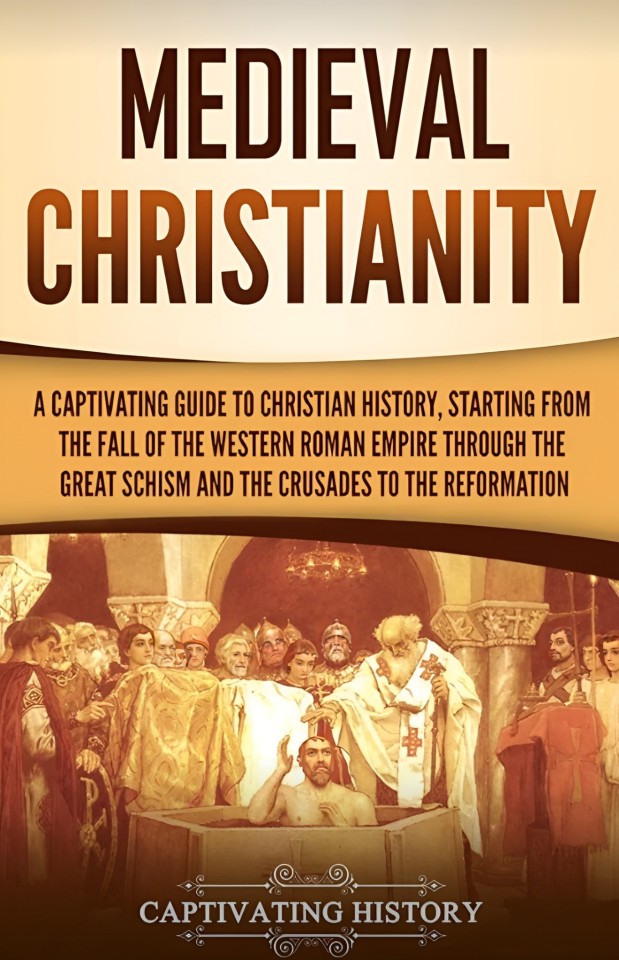

MEDIEVAL KNIGHTS
THE KNIGHTS TEMPLAR
MEDIEVAL CHRISTIANITY
THE GREAT SCHISM
Captivating History
21 notes
·
View notes
Text

"So neither the one who plants nor the one who waters is anything, but only God, who makes things grow."
--1 Corinthians 3:7
Photo: Morton Arboretum, Illinois
#flowers#spring#may#spring flowers#tulips#illinois#midwest#nature#botanical garden#garden#morton arboretum#god's word#bible verse#springtime#new testament#1 corinthians#1 corinthians 3:7#hope#inspiration#christian living#christianity#holy scripture#holy bible#god's love#god's creation#travel#tourism#adventure#explore#the prairie state
72 notes
·
View notes
Text
I'm so heartbroken 💔 seeing all the news about the recent terrorist attack in Pahalgam, Kashmir. This is just so sad and sinister to target civilians based on their religion.
The murder toll (yes, I will use that word, cause they were murdered !) has reached 27 as of now!
Om Shanti | Rest in Peace, for the departed.
WHEN IS THE FUCKING LIMIT ?!
HOW MANY OF US WILL HAVE TO DIE BEFORE THE GOVERNMENT (STATE & CENTAL) WILL TAKE SOME CHARGE ?!
💔🕊
#tumblr#explore#redamancy6#terrorist attack#terror attack#pahalgam#red shares her opinions#vent#desiblr#hindublr#kashmir#this is just heartbreaking#hinduism#islam#christianity#kashmir terror attack
78 notes
·
View notes
Text
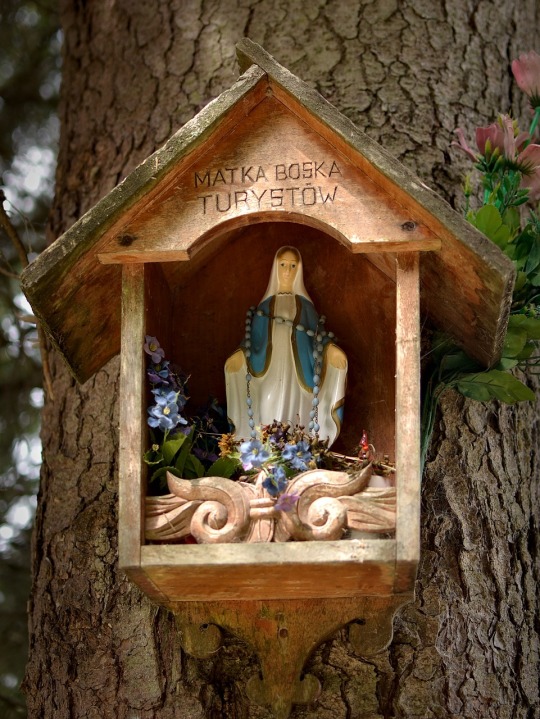
Our Lady of Tourists Catholic Wayside Shrine, Gorce Mountains, Poland by Jerzy Górecki
#wayside shrine#poland#catholic#travel#mountains#gorce#wanderlust#europe#nature#tourism#landscape#tourist#explore#solo trip#bible#christianity#christian#roman catholic#catholicism#western civilization
418 notes
·
View notes
Text
So, one of the most interesting things that's come from my recent exercises in writing the Olympians as young deities is all of the very fun and somewhat painful conversations that come from the young deities acquiring and consequently settling into their domains.
Apollo and Artemis especially have been really fascinating under the microscope. They start off identically, with extremely similar interests and similar domains over the hunt and wilderness. They spend their days under the stars and foraging for fruit and dancing and singing in the fields, two rustic god-children exploring and learning together. Then Apollo goes off on his own to slay Python.
Now, a lot of things change when Apollo kills Python. That is the act which transforms the bow from a tool of survival and sport to an instrument of murder, bloodshed and ultimately war. It is Apollo's first act of wrath which separates him from Artemis - both spiritually because she has not yet shed blood herself as a goddess and physically because it leads to his exile. Most importantly however, the slaying of Python is the act that grants Apollo his knowledge.
If violence is what first separates Apollo from Artemis then it is knowledge which keeps them apart.
This can refer to a lot of things; that Artemis continued to be at home with the wild beasts of the forests and mountains while Apollo grew to prefer the domesticated sheep and cattle, that Artemis continued to avoid mortals while Apollo grew to know their ways and endeavoured to teach them more. The point that has been the most interesting to me however has been Artemis, who remains free of slaughter, and thus remains pure and Apollo, who becomes acutely and entirely too aware of it, and thus must be constantly purified.
Apollo's infatuation with medicine specifically is the place where this becomes most apparent. When he leaves for his exile to travel as a mortal, without nectar or ambrosia, without power, Apollo is without the privileges of the divine for the very first time. He sweats, he smells, he grows weary when he travels, he grows hungry and thirsty. He experiences fatigue and nausea, the fever of sickness, the chill of infection, the delirium of poison. The blood Apollo shed does not only make him impure spiritually, it strips him of the purity of his birth and station. Likewise, medicine is not a divine practice. What use do the unkillable immortals have for something as finicky as medicine when they have nectar and ambrosia? Apollo however, knows of the pains of the flesh and the suffering of the mortal coil. He pursues medicine in all its horrors and difficulties because of the knowledge he gained with blood.
Artemis then, cannot understand the medical Apollo. When her brother returns possessed by this spectre of ill-gained knowledge, she does not recognise him. Who is this boy who scores the deer and studies the shape of their intestines before he cooks them? What good is there in rescuing a chick with a broken wing? The Apollo-of-the-Wild in her memories would have done the correct thing and left the thing for dead - let the forest take what is its due. Who is this Apollo whose hands are always stained to the wrist in the blood and gore of the living? What is his fascination with the mechanics of mortal bodies? Artemis does not know and Apollo does not tell her.
That has, by far, been my favourite effect of the whole Python watershed moment to explore recently.
#ginger rambles#apollo#artemis#greek mythology#pursuing daybreak posting#There are actually quite a few parallels with the Christian Adam and Eve in this whole exploration of Apollo and Artemis pre and post Pytho#Blood-soaked Apollo - much like Apollo of the Ashes - is one of my favourites because it always leads to such fascinating questions#Like it's clear that Apollo did not shy away from butchery and slaughter and if things like hepatoscopy is any indication#he needed to do these things frequently in order to keep sharp#Medicine is its own beast tbh#Including the differences between mortal and immortal medicine#Yes Asclepius would eventually come to surpass him but Apollo was the pioneer and the study of medicine#of studying diseases and creating cures for them is not a pretty thing#Combined with Apollo's prophecy I imagine he had his hands full#Though Zeus would've taught him a few things no doubt considering how vast his own knowledge is#God I love Apollo's wall of horrors actually#Like fr if you are squeamish do not go into this man's room you will cry and throw up though not necessarily in that order#cw gore mention#cw blood
191 notes
·
View notes
Text
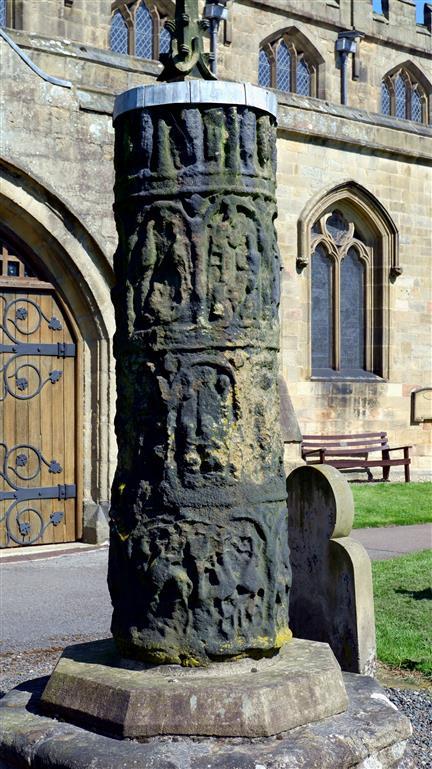
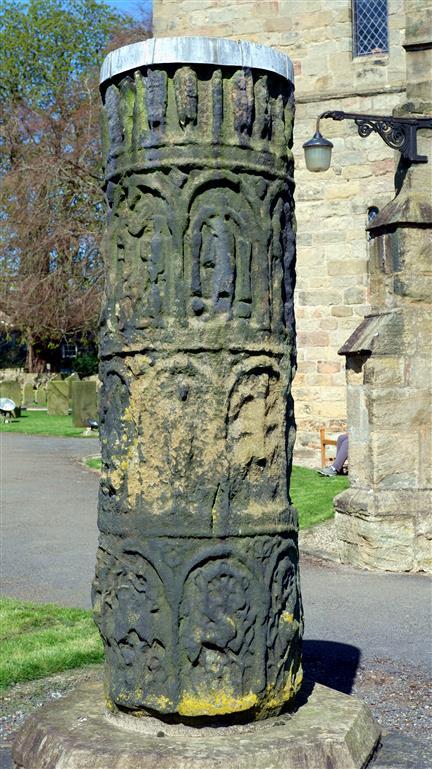
An Anglo-Saxon stone cross at St Mary the Virgin Church, Masham, North Yorkshire, England.
Believed to have been carved in the 8th or 9th centuries. The Cross is 6ft 9" tall and 2ft wide, used to be known as the Paulinus Cross and is decorated with early Christian carvings.
#Church#Churches#Stone#Cross#Sculpture#Carving#English#History#Heritage#Places#Wanderlust#Explore#Aesthetic#Ancient#Artefact#Taphophilia#Churchyard#Religion#Christianity#Photography
65 notes
·
View notes